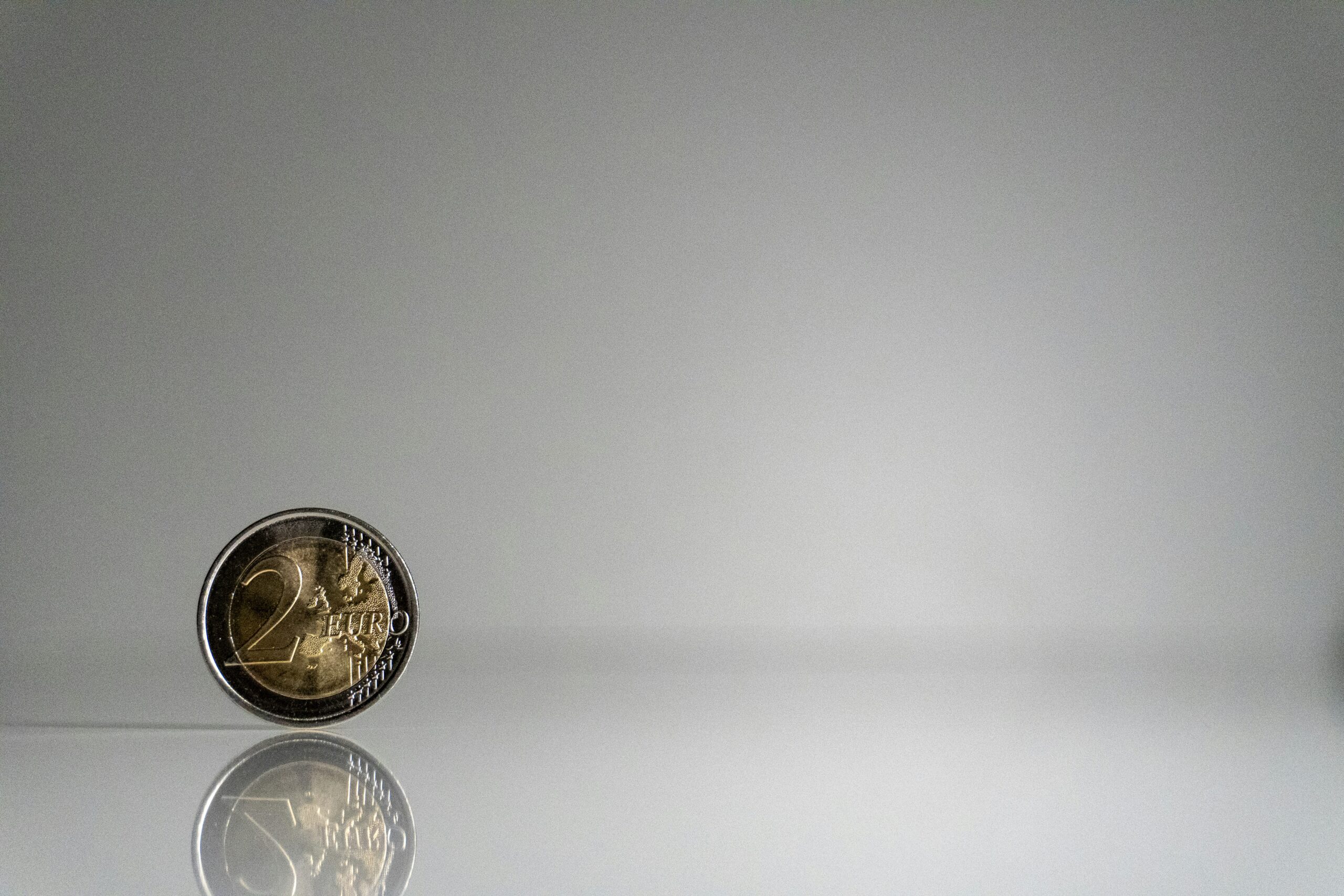Tobacco use is a significant public health concern, but its effects extend far beyond health issues; it also has profound financial implications for users and their families. From direct costs associated with purchasing tobacco products to the long-term financial burdens created by health-related complications, the economic impact of tobacco use is substantial. This article examines how tobacco consumption can erode personal finances, ultimately advocating for a tobacco-free lifestyle as a means of improving one’s financial health.

The Direct Costs of Tobacco Products
The most immediate financial burden associated with tobacco use comes from the direct costs of purchasing cigarettes, cigars, or other tobacco products. In the United States, the price of a pack of cigarettes can vary significantly by state due to taxation and regulation, but it typically ranges from $6 to $12 or more. For a smoker who consumes one pack a day, this can add up to:
$2,190 to $4,380 per year.
This staggering figure does not account for other tobacco products, such as chewing tobacco or e-cigarettes, which can also be costly. Many users underestimate the cumulative cost over time, which can have serious implications for their overall financial health.
Opportunity Cost
Beyond the direct expense of tobacco, there’s also the opportunity cost to consider. The money spent on tobacco products could be redirected toward savings, investments, or essential expenses. For instance, if a smoker redirects the same amount spent on cigarettes into a retirement account, they could potentially accumulate substantial wealth over time due to compound interest.
For example, if a smoker invests $2,190 annually in an S&P 500 index fund, assuming an average annual return of 7%, they could amass over $66,000 in just 20 years. The opportunity cost of tobacco use becomes even clearer when considering long-term financial goals such as home ownership. By redirecting funds typically spent on tobacco, individuals could save for a down payment on a house.
Increased Healthcare Expenses
Tobacco use is a leading cause of various chronic health conditions, including heart disease, respiratory issues, and cancer. As a result, smokers often face higher healthcare costs, including:
- Insurance premiums: Smokers typically pay significantly higher premiums for health insurance compared to non-smokers due to their increased risk for health problems. Some estimates suggest that smokers can pay 50% more than non-smokers for the same coverage.
- Out-of-pocket expenses: Regular doctor visits, medications, and potential hospitalizations due to tobacco-related illnesses can result in substantial out-of-pocket costs.
- Long-term care costs: Chronic illnesses resulting from tobacco use may require long-term care, which can be financially devastating. According to the National Institutes of Health (NIH), the cost of long-term care can easily reach hundreds of thousands of dollars over a person’s lifetime.
Life Insurance Considerations
In addition to healthcare expenses, tobacco users may also face financial repercussions in terms of life insurance. Insurers often classify smokers as high-risk clients, leading to higher premiums. In some cases, smokers may even find it challenging to obtain coverage or face exclusions for tobacco-related health issues. This added cost is an important consideration for anyone who smokes, particularly those with dependents who rely on their financial support.
Impact on Employment and Income
Tobacco use can also influence employment opportunities and income potential. Many employers offer incentives for maintaining a smoke-free lifestyle, which can include lower insurance premiums or additional benefits. Conversely, some employers may view tobacco use as a negative trait, potentially impacting hiring decisions or career advancement.
Additionally, smokers may face increased absenteeism due to health issues related to tobacco use. According to a study published in the journal Tobacco Control, smokers take more sick days than non-smokers, which can lead to decreased productivity and even jeopardize job security in some cases.
Productivity Losses
The economic impact of tobacco use on productivity is another factor to consider. Smokers may require more frequent breaks to satisfy their cravings, leading to reduced work output. According to research, the cost of lost productivity due to smoking-related illnesses and absenteeism amounts to billions of dollars each year across various industries. This loss can affect not only individual income but also the overall economy.
Potential Savings and Purchases
| Time Period | Savings | Approx. Amount with 5% Interest | Potential Purchase |
|---|---|---|---|
| 1 Year | $2,190 – $4,380 | $2,190 – $4,380 | New Laptop ($1,000) or Vacation |
| 5 Years | $10,950 – $21,900 | $12,500 – $25,000 | Used Car ($15,000) |
| 10 Years | $21,900 – $43,800 | $28,000 – $56,000 | Down Payment on a Home ($50,000) |
| 20 Years | $43,800 – $87,600 | $64,000 – $128,000 | College Fund for Child ($100,000) |
This table showing how much money you can save by quitting tobacco and the potential purchases you could make with those savings over different time periods. This table assumes you save between $2,190 and $4,380 per year, investing the money in an account that earns a conservative return of 5% annually.
The Emotional and Psychological Costs
While the financial aspects of tobacco use are significant, the emotional and psychological toll cannot be overlooked. Many individuals struggle with addiction, which can lead to stress and anxiety. This mental burden can result in additional expenses for counseling or therapy, further straining personal finances. Moreover, the social stigma associated with smoking can also affect personal relationships, leading to additional emotional stress and potential financial consequences.
Conclusion
The financial implications of tobacco use are extensive and multifaceted. From the direct costs of purchasing tobacco products to increased healthcare expenses and potential losses in productivity, smoking can have a lasting negative impact on personal finances. Furthermore, the opportunity costs associated with spending money on tobacco instead of saving or investing can hinder individuals from achieving their long-term financial goals.
For those looking to improve their financial health, quitting tobacco is a crucial step. Not only does it offer immediate savings, but it also leads to long-term financial benefits by reducing healthcare costs, improving employment opportunities, and enhancing overall well-being. By understanding the profound impact that tobacco use can have on personal finances, individuals can make informed choices that benefit both their health and their wallets.








